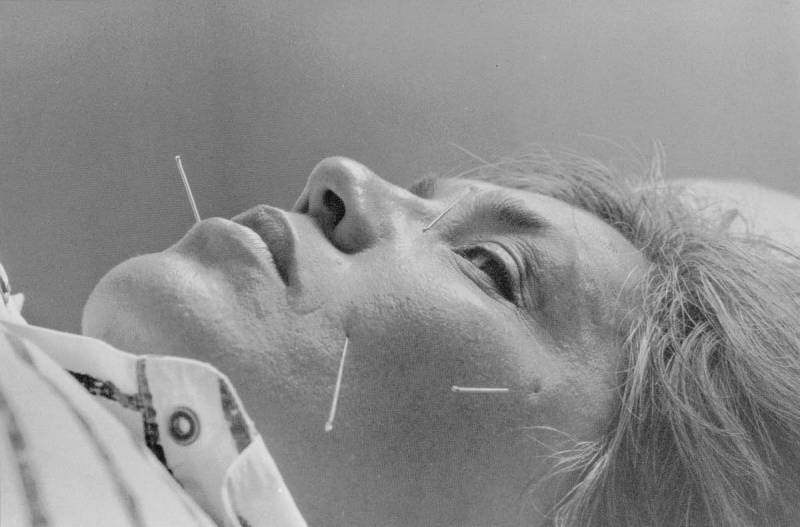Last month, San Francisco cinephiles celebrated when Wayne Wang’s 1993 film The Joy Luck Club was inducted into National Film Registry of the Library of Congress. Less noticed was another groundbreaking Bay Area treasure that also made the annual selection of 25 of the nation’s most influential motion pictures.
Hailed upon its release as a form-melting masterpiece, Lourdes Portillo’s 1994 documentary The Devil Never Sleeps / El diablo nunca duerme is getting another bout of recognition. A few weeks before its National Film Registry induction was revealed, The New Yorker highlighted The Devil Never Sleeps in the story “Sixty-Two Films That Shaped the Art of Documentary Filmmaking.” Describing Portillo’s first-person investigation into the mysterious death of her uncle Oscar, critic Richard Brody wrote that the filmmaker “discovers her family’s story to be a lurid melodrama of conflicting interests and political corruption, and she films it—and her childhood memories—with a labyrinthine style to match.”
A postmodern detective story, The Devil Never Sleeps is a film that rewards repeated viewings. Working closely with cinematographer Kyle Kibbe, Portillo designed a visual feast with a series of reoccurring motifs (mirrors, screens and water) and a deliciously tangled narrative told from her wry point of view. What starts as a portrait of a larger than life figure—“At 5am he woke me up with a greeting: ‘Time to get up and fight!’ For Oscar, each day was a conquest”—soon turns into a tangled exploration of attitudes about gender roles, class and family loyalties in upper-middle-class Mexico.
Rather than trafficking in shallow irony, Portillo keeps calling attention to the story’s uncertain framing, toggling between the increasingly destabilized portrait of her uncle and her attempts to ferret out the truth as a filmmaker. “I was living a life where I was really very interested in postmodernism at that time,” Portillo said. “I’d been to New York and seen some of the art work in the streets and museums that inspired me. I liked this idea of baroque and postmodern approach to a telenovela kind of story that Latin Americans tell about our families.”



